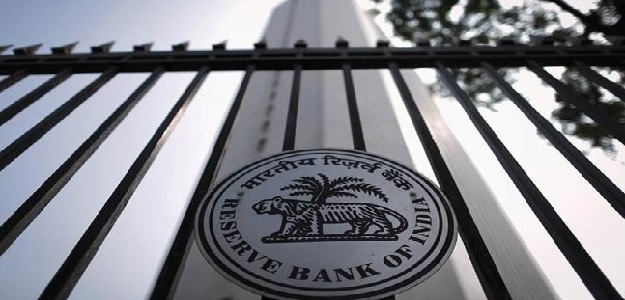
According to the global financial services firm, the case for a rate cut becomes even stronger considering the benign CPI outlook and a strengthened transmission mechanism (quarterly reset in small savings rate, MCLR).
“As a result, we expect RBI to cut repo rate by 25 bps in the April 5 policy (taking it to 6.5 per cent) and leave open the window for further rate easing,” Citigroup said in a research note.
The other factors responsible for an accommodative stance by the RBI are that the CPI target of 5 per cent by January – March 2017 looks “achievable”, growth remains sub-par as seen in the recent industrial sector data and monsoon is likely to be better.
However, the implementation of pay commission during 2016-17 could push up headline inflation by 40-50 bps.
“On balance, we expect central bank to reiterate its accommodative stance and set forth certain pre-conditions for further easing e.g. monsoon trends, MSP setting etc,” the report added.
The global brokerage however noted that the probability of a 50 bps cut is not more than 25 per cent as a deeper cut now could reduce the policy flexibility available to RBI once visibility improves on monsoon trends and the impact of pay commission becomes clearer.
The declining inflation and negative industrial outlook have strengthened a case for RBI cutting interest rate in its first bi-monthly monetary policy for 2016-17 on April 5.
RBI Governor Raghuram Rajan on February 2, left the key interest rate unchanged citing inflation risks and growth concerns.
Rajan on March 12 said that government sticking to fiscal consolidation roadmap of reducing deficit to 3.5 per cent of the GDP in 2016-17 was comforting. On how that would feed into monetary policy, he had said “wait and see”.










